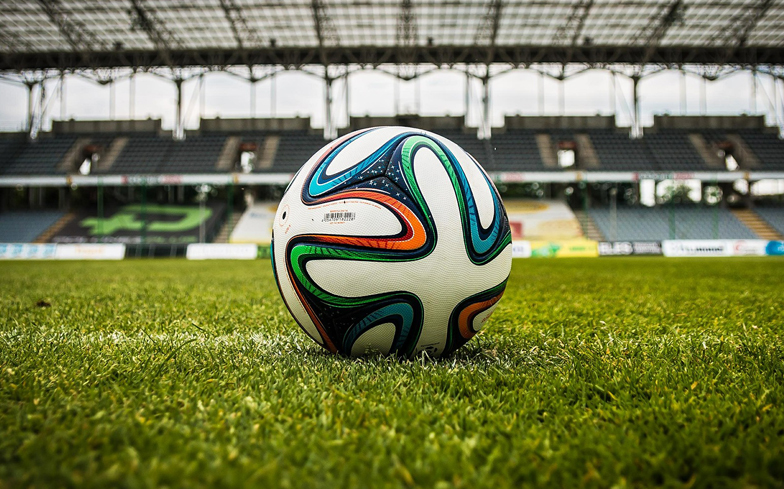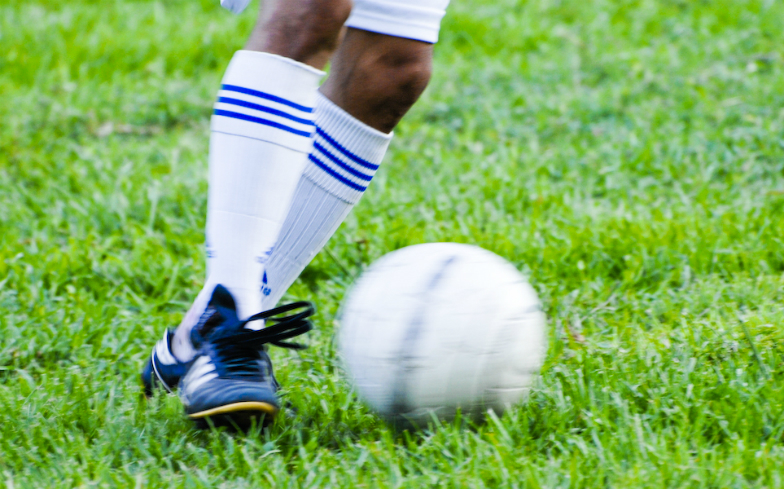
The football star said he wasn’t out to any of his teammates or manager.
The Justin Fashanu Foundation have released a letter from a footballer who plays in the Premier League, saying that he’s gay, but is “too afraid” to come out.
The letter, which has been released in full in The Sun, details the footballer’s struggles with hiding his sexual identity, saying that “writing that down in this letter is a big step for me.” In the letter, he confesses that none of his teammates or manager knows, but he is privately out to some friends and family members.
Detailing his anguish, the footballer wrote: “I’ve known since I was about 19 that I was gay. How does it feel having to live like this?
“Day-to-day, it can be an absolute nightmare. And it is affecting my mental health more and more. I feel trapped and my fear is that disclosing the truth about what I am will only make things worse.
“So, although my heart often tells me I need to do it my head always says the same thing: ‘Why risk it all?’ I am lucky enough to earn a very good wage. I have a nice car, a wardrobe full of designer clothes and can afford to buy anything I want for my family and friends.”
The footballer then talks about his desire for “companionship” and to be in a relationship, but that he needs an “extremely high” level of trust for a partner at the moment.

Although the sport is trying to welcome an openly LGBTQ+ player, the anonymous player cast doubts on the measures working, saying: “The truth is I just don’t think football is ready yet for a player to come out. The game would need to make radical changes in order for me to feel able to make that step.
“The Professional Footballers Association say they are ready to help a player to come out. And they have said they will offer counselling and support to anyone who needs it. This is missing the point. If I need a counsellor I can go and book a session with one whenever I want.
“What those running the game need to do is educate fans, players, managers, agents, club owners — basically everyone involved in the game. If I was to make that step I’d want to know that I would be supported at each step of my journey. Right now, I don’t feel I would be.
“I wish I didn’t have to live my life in such a way. But the reality is there is still a huge amount of prejudice in football. There are countless times I’ve heard homophobic chants and comments from supporters directed at no one in particular.”
The footballer admitted that the likelihood was that he would come out after he had retired from the sport, highlighting that Thomas Beattie had done the same. “It was great last month to see Thomas Beattie raise his hand and admit to being gay,” he wrote.
“But the fact he had to wait until retirement tells you all you need to know. Footballers are still too scared to make the step while they are playing.”

Last month, Troy Deeney, the captain for Watford F.C. says he believes that every team “probably [has] one gay or bi person.” Deeney believes that none of the closeted players would want to be first to publicly come out because they would be the “face of it”. However, he thinks “there is now a bigger platform than ever to be a gay athlete of any nature.”
Professional footballers such as Héctor Bellerín and Olivier Giroud have both previously spoken about how they believe the atmosphere in the sport would not accept an LGBTQ+ player.
“When it happened in rugby with the Welsh player [Gareth Thomas], people respected the situation,” explained Ballerín. “The fans respected his decision. In football, the culture is different. It can be very personal, very nasty.”
Giroud said: “In the dressing room, there is a lot of testosterone, teasing and collective showers. It is delicate but that is how it is. I can understand the pain and the difficulty for guys in coming out – it is a real challenge.”
But like Deeney, some are challenging that view. England’s first ever openly gay referee, Ryan Atkin, opined: “But we are also in a place now where if an individual chose to come out, he would probably get the biggest amount of support.
“Not only from fans, but from the media, and from football itself.”
Related: Shocking statistics about homophobia in football revealed by GAY TIMES and Paddy Power



